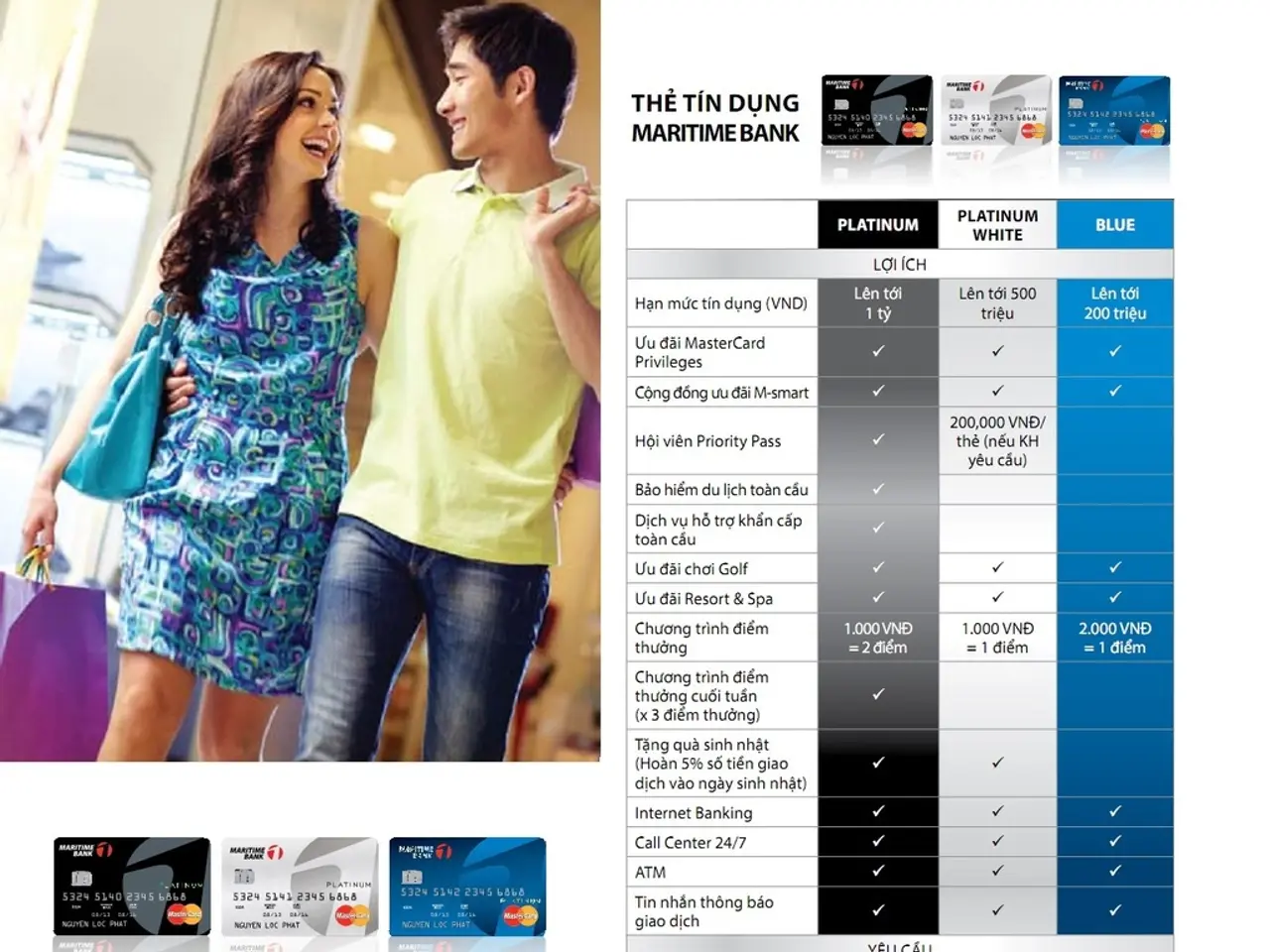Reinforcing Success in Poker: How Minor Victories Boost Strong Self-Belief
In the world of poker, confidence is a crucial element that separates the winners from the rest. But how does one build this elusive quality? The Confidence Loop in Poker offers a structured approach to foster self-confidence through deliberate actions, decisions, and victories.
The Confidence Loop is a psychological feedback cycle where small winning actions build belief. This belief enhances decision-making, and better decisions further boost confidence. Confidence, in this context, is not something you wait around for; it's something you earn through action.
To activate the Confidence Loop, start by redefining 'wins' beyond money. Small wins can be folding correctly, making disciplined decisions, or executing a sound strategy. These reinforce self-belief and fuel the loop. Consistent, purposeful actions, such as folding more hands, improve mental clarity and feeling in control, which increases confidence over time.
Commitment to your A-game is another key strategy. Taking actions based on your ideal poker player identity, regardless of initial fear or doubt, creates positive momentum. Focused practice on identified weaknesses is also essential. Instead of spreading effort thin, hone specific skills to develop consistency and measurable improvement, reinforcing your confidence loop.
Using AI coaching tools can also aid in this process. While not part of the Confidence Loop itself, training with AI platforms can help identify errors and build confidence through progressively mastering complex strategy.
Examples of small wins include following preflop plans, taking a moment before acting, using focus routines, reviewing tough spots, logging short sessions when tired, and sticking to stop-losses. When running bad, double down on your process. Remind yourself: "The path back starts with the next smart decision."
A small win in poker is any action that moves a player closer to the player they want to become, not necessarily about the size of the pot. If studying alone, pick a hand each week and review it with a solver. If you have a coach or poker friend, ask them to sanity-check a spot you're unsure about.
Creating a feedback system is also crucial. Get good feedback, not just trust your gut. When confidence is low, players may overthink decisions, avoid marginal spots, chase results, and spiral after bad hands. Ask yourself: What did I do well today? Where did I stick to my process? What's one thing I want to repeat next time?
Tracking small wins can help players feel more in control of their game and realize their progress over time. Measure what's in your control: your decisions, discipline, and your mindset. Confidence is a skill that can be trained, not a fixed trait. Confident players at the poker table act decisively, stick to their plan, and recover quickly after setbacks.
In summary, the Confidence Loop is about acting first in alignment with your best poker self, allowing confidence to build naturally through those actions rather than waiting to feel confident before acting. Folding more and focusing your practice on small, controllable aspects of the game are effective ways to activate the loop and improve your poker mindset and results.
- Employing AI coaching tools can help identify errors and build confidence by progressively mastering complex poker strategies, although they aren't essential parts of the Confidence Loop.
- Rethinking the definition of 'wins' in poker, taking small, disciplined actions like following preflop plans or executing focused practice on identified weaknesses can reinforce self-belief and help activate the Confidence Loop.
- In the poker world, small wins should not be limited to financial rewards but could include sticking to a stop-loss, reviewing tough spots, or maintaining mental clarity even during long, tiring sessions.
- When self-doubt creeps in, players should focus on their ideal poker player identity by taking actions according to it, asking for good feedback, and tracking small wins to measure progress and realize personal growth in the game, thereby fostering confidence.




